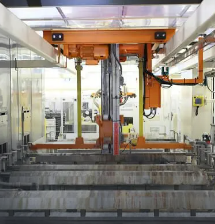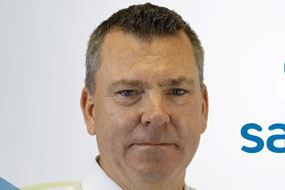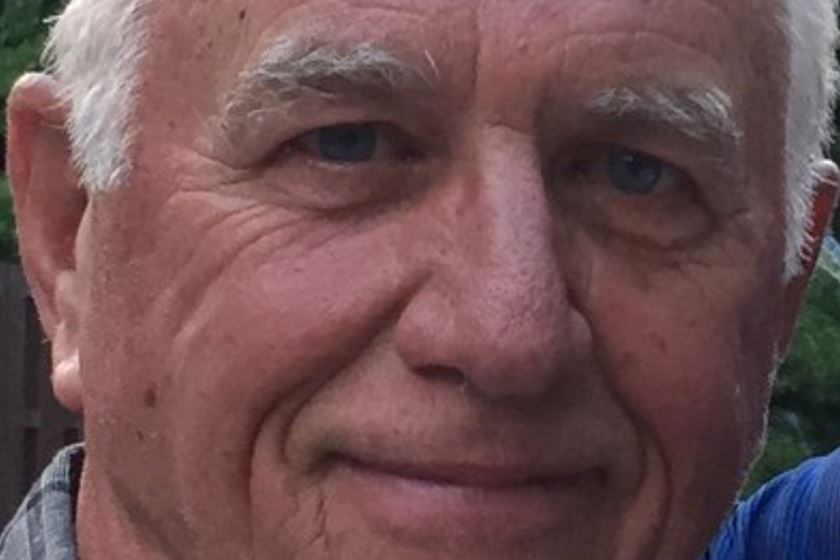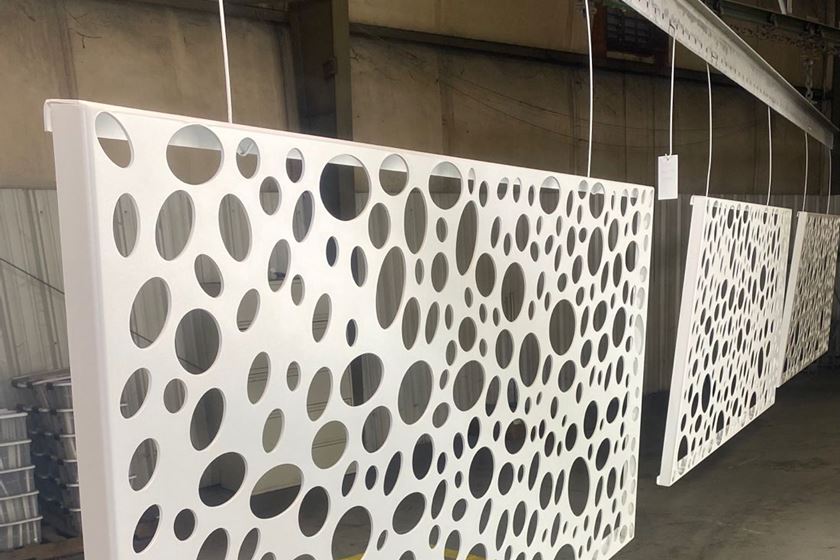Parts Unknown
What sets one finisher apart from another is the customer experience, the equivalent of a restaurant’s environment.
#management
(I penned the draft of this article on the evening of June 7, while traveling by plane from Louisville to Detroit and on to my hometown of Milwaukee. Eerily, when I checked the national news the following morning, I would learn that the man whose program inspired this column had just hours earlier been found dead of an apparent suicide.)
When flipping through television channels I often find myself stopping on the CNN program “Parts Unknown.” The show features a chef turned media personality who travels to obscure locations about our planet, sampling local cuisine, meeting interesting people and, in the process, spinning tales of words and moving pictures that capture the imagination and render me stuck on the channel until the top of the next hour.
I became caught in the middle of a recent episode during which Anthony Bourdain traveled the countryside of the United Kingdom. It also featured British celebrity chef Marco Pierre White, who shared his priorities for creating the ideal dining experience: environment, service and food, in that order.
This sequence initially struck me as muddled: shouldn’t the quality of the food come first? Upon reflection, however, it makes perfect sense. Great food in the absence of service or ambiance leaves one wanting for much more. Environment does come first—for a restaurant. Might this lesson also apply for a finisher?
To a finisher, the “food” is the coating. It either meets the specification or it doesn’t. Fail to meet the spec, game over. So, coating quality is a base expectation, but beyond that, it’s not much of a differentiator between one finisher and another. In the same sense, lead time, on-time delivery and readily available information constitute much of what a customer would define as “service.” Here again, these are the ticket to the dance for a finisher, as one who offers non-competitive delivery or fails to communicate well with the customer will soon be replaced.
With coating quality and service levels normalized, consider the possibility that the “environment” it creates for the customer is what distinguishes one coatings provider from another.
Perhaps the environment of a restaurant can be described as how you feel when you’re there. The mention of a classic American steakhouse evokes a certain feel. Surfside cafe, all-you-can-eat buffet, Italian pizza joint, French bistro; each category implies a distinct ambiance that arouses the senses in its own way.
To a restaurant, environment could include be the smile part of “service with a smile.” A Midwestern coffee chain I know well is said to use a litmus test to determine which employment candidates get past the initial phone interview. Upon concluding the call, the interviewer asks himself one question as it pertains to the candidate: Were they nice? If the answer is no, there’s no second Interview. This practice demonstrates the important role environment plays to the coffee purveyor. The quality of the coffee matters (food). So, too, does the wait time for a latte (service). But even more important is the extent to which the barista delivers a pleasant experience (environment). Is it any surprise that this same, extremely successful chain goes to amazing lengths to ensure every store has a unique, cozy and laid-back feel?
Environment is relatively simple to define for an eatery. But suppose, as I believe, that a finisher’s environment is as important to its success as it is to that of a restaurant. How then does a finisher define and improve its environment? Smiles and a unique and cozy lobby? Not quite.
A finisher’s environment may be defined less simply by a sentence than by questions. As the customer approaches the plant, is the landscaping well-groomed and pleasant, or is it unkempt? Are the best parking spots reserved for the executive team or for visitors? When the customer enters the plant, is a receptionist there to greet him or her in person?
During the plant tour, is the plant neat and organized, or are parts, totes and paperwork strewn about? Do shopfloor employees look confidently into the visitor’s eyes and smile, or do they shy away and look at the floor? Are they attired in clean uniforms or in tired, dirty work clothes? Are current performance metrics posted throughout the plant, or are they absent or outdated?
If the finisher offers delivery service, are the tractor and trailer clean and in good repair? Does the wrap on the trailer adequately communicate the finisher’s value proposition? Is the driver in a crisp uniform or wearing the same T-shirt he wore the day prior? If the wait time at the customer’s dock is a little long, is the driver rude and belligerent, or does he or she wait his or her turn?
Is the customer support staff pleasant and friendly, or are they abrupt and seemingly burdened by customer requests? Is the staff prompt in responding to customer phone calls and emails? When the business development team members visit the customer, are they punctual and professional? Can the members confidently communicate technical details with the customer?
Does the finisher’s website appear current, or was it created 10 years ago and since left alone? Are blog posts up to date or six months old? Does the finisher have a defined social media strategy? If the finisher’s name is entered into a search engine, do pertinent sites appear at the top of the list, or will the prospective customer first see an article about a prior environmental citation?
Finish quality is important, but essentially must be a given if the finisher is to retain a customer. Service is a base expectation. In the eyes of the customer, what sets one finisher apart from another is the customer experience, the equivalent of a restaurant’s environment. Optimize the environment, and bring the customer experience to Parts Unknown.
RELATED CONTENT
-
Paint Shop Life Cycle Management
Proper planning can help make your paint operations productive from cradle to grave
-
Understanding and Managing White Spots on Anodized Aluminum
Having trouble with spotting defects when anodizing? Taj Patel of Techevon LLC offers a helpful overview of the various causes of white spots and potential solutions.
-
How Artificial Intelligence Will Revolutionize Your Business
11 predictions of how AI and related technologies will revolutionize finishing in the next 10 years.
















